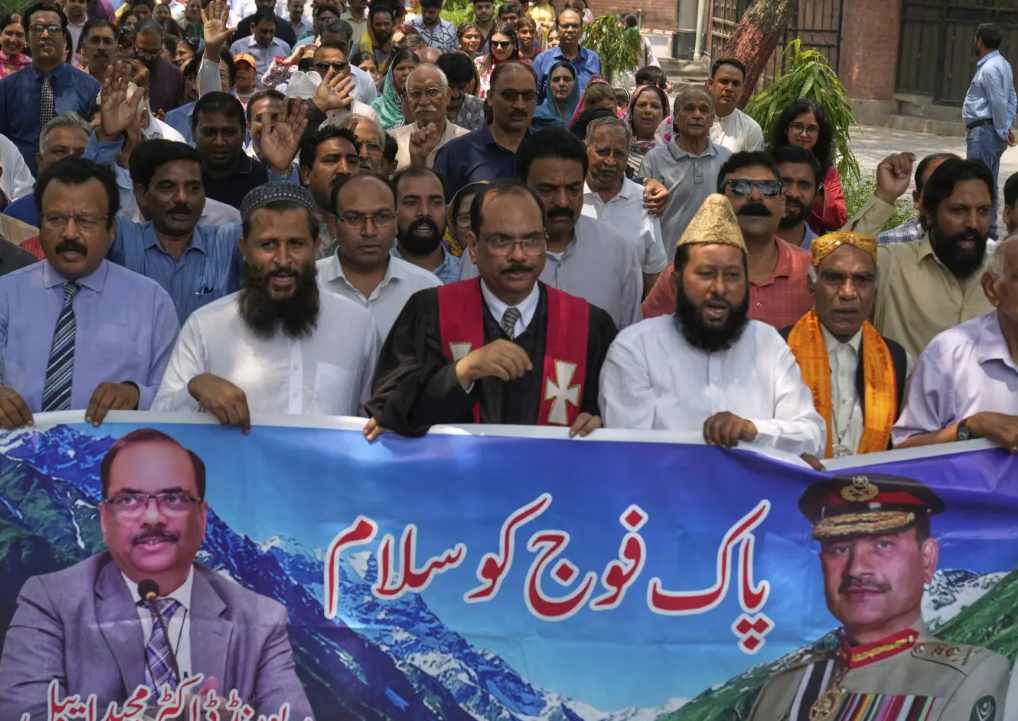India’s Director General of Military Operations, Lt. Gen. Rajiv Ghai, reported on Sunday that India’s recent strikes into Pakistan-controlled Kashmir and Pakistan resulted in the deaths of over 100 militants, including prominent leaders. These operations targeted nine militant infrastructure and training sites, including those belonging to the Lashkar-e-Taiba group, which India accuses of being behind major militant attacks in India and the Kashmir region. Ghai claimed that the Indian forces achieved complete surprise, while Pakistan’s response was described as “erratic and rattled.”
Meanwhile, overnight clashes in Kashmir had shaken a ceasefire between India and Pakistan, which had been agreed upon the previous day. The ceasefire, meant to end the escalating conflict, was marred by heavy artillery exchanges between Indian and Pakistani forces along the Line of Control (LoC) dividing Kashmir. While the violence subsided by Sunday morning, both sides accused each other of violating the ceasefire shortly after it was announced.
Earlier tensions had flared after a massacre of tourists in Indian-controlled Kashmir, which India blamed on Pakistan, though Pakistan denied involvement. As part of the ceasefire agreement, both nuclear-armed nations had pledged to halt military actions on land, air, and sea. However, drones were seen over Indian-controlled Kashmir and the western state of Gujarat, which led to further accusations from both sides.
The violence had left residents in Kashmir, especially in areas like Poonch in Indian-controlled Kashmir and Neelum Valley in Pakistan-controlled Kashmir, traumatized by the shelling and gunfire. Despite initial hopes for peace, many felt uncertain about the future of the ceasefire.
U.S. President Donald Trump was the first to announce the ceasefire agreement on his Truth Social platform, with both Indian and Pakistani officials confirming it soon after. Pakistan has expressed gratitude to the U.S. for facilitating the deal, while India has not made any public comments on the matter. Indian Prime Minister Narendra Modi convened a meeting with government and military officials to discuss the situation.
The U.N. Secretary-General, Antonio Guterres, welcomed the ceasefire agreement, viewing it as a positive step toward easing tensions between the two countries and creating conditions for lasting peace. India and Pakistan’s military leaders are scheduled to speak again on Monday.
The two countries have a long history of conflict over Kashmir, which remains a highly contested region. They have fought multiple wars over the territory, and their relationship has been marked by ongoing hostilities and mutual distrust.













